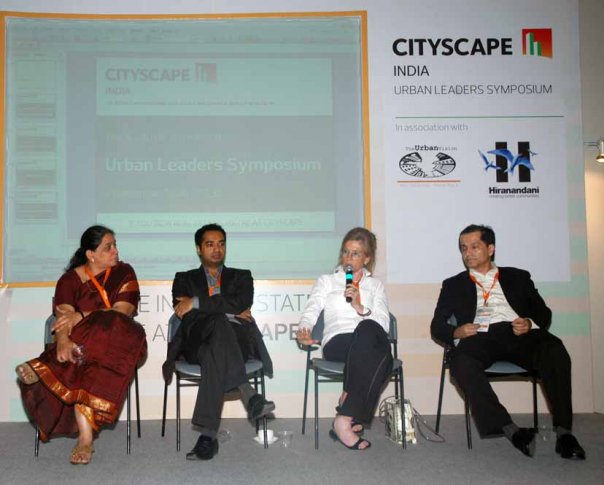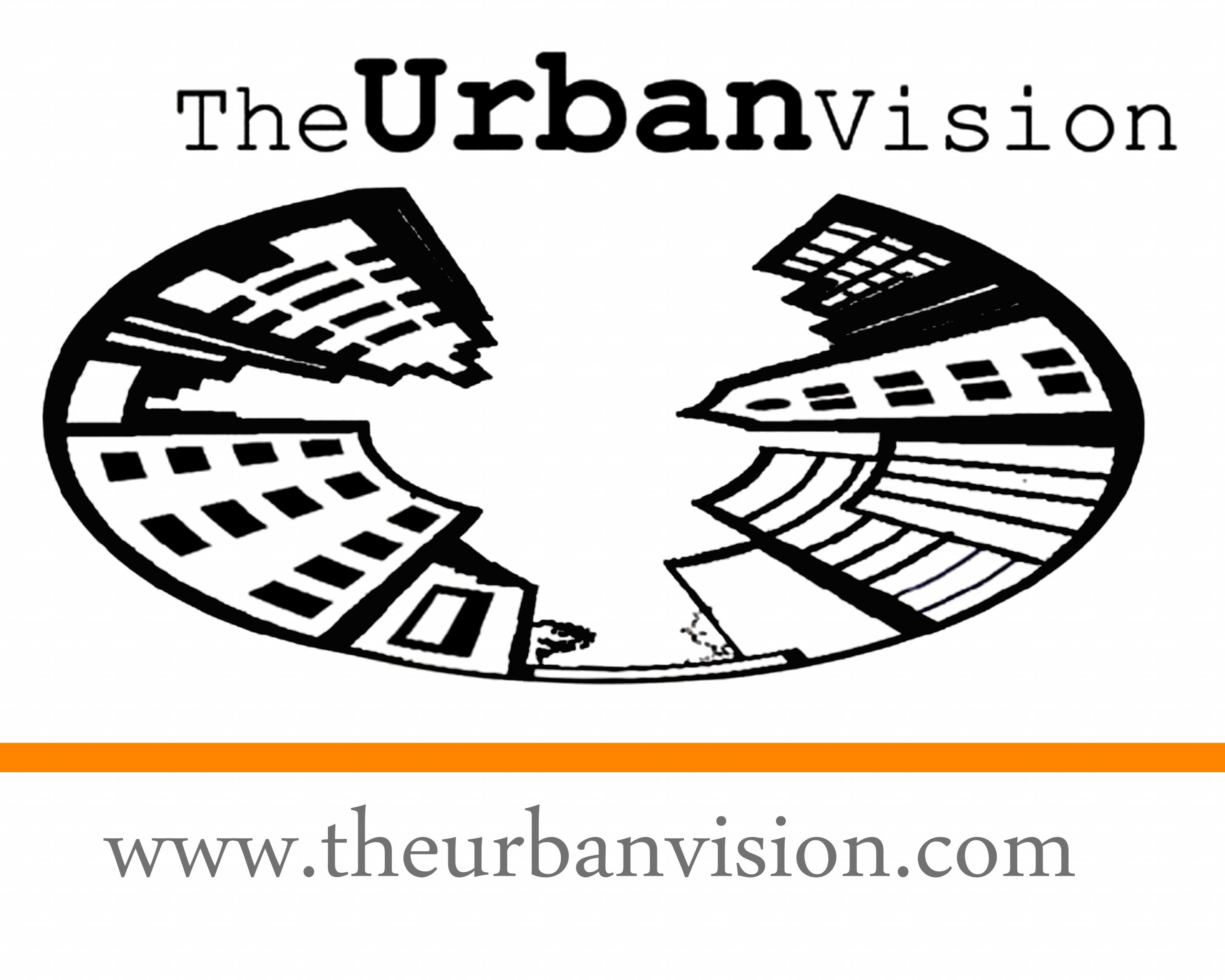Date: Wednesday , December 9, 2009
Time: 2:00pm – 5:30pm
Location: Bombay Exhibition Center, Mumbai
“The Urban Vision” and “Cityscape India” co-hosted a symposium that aimed to create a blueprint to re-envision India’s cities. The Urban Leaders Symposium was held at the Bombay Exhibition Centre on December 9, 2009 alongside the Cityscape exhibition that took place between 9-12 December , 2009.
India’s 300 million city dwellers make up about one-tenth of the world’s urban population. Today, Many Indian cities are growing so rapidly that even as the census gets completed it is already way out of date. The Symposia addressed ways to deal with this extraordinary pace of urbanization. Academic, industry and social leaders came together to craft a vision framework for a sustainable, economically vibrant and inclusive Urban India.
“Urbanization is where economic growth happens in all countries. It is an inevitable part of the shift to high income status and modernization. Close to 90% of growth in all developing countries over the last 30 years has been in cities. So cities especially mega cities have to be at the heart of the action for any national growth policy” said Patricia Annez , Advisor to the World Bank and a fellow with the influential Washington DC based Brookings Institute. Ms. Annez also lamented about the state of affairs of India’s urban governance. “No one seems to be in charge of Indian cities .There are multitude of agencies and administrators overlooking the cities functioning; and no one is particularly accountable. In addition, the distorted laws and processes ensure that License raj is well and truly alive in Indian Real-estate.” She added.
Prof. Amita Bhide , Centre for Urban Planning and Governance, Tata Institute of Social Sciences highlighted ideas of building Socially inclusive cities. “Slums are an integral part of India’s urbanization. India is going to see an addition of about 300 to 350 million people to the urban population by 2031 with an estimation that 40% of the population in urban areas. A good chunk of this population will be poor. Up till now, we have built our cities for the rich who are a small minority in our cities. India needs to move towards more inclusive planning” said Dr. Bhide. She also went on to add that India needs to also focus on large scale vocational training to empower the poorer segments of the society with skill sets.
Mr. Pradeep Nair, Director of Clinton Climate initiative spoke about the urgent need to address the challenge of Climate change. “Government leaders from different nations are all gathered together in Copenhagen at this point to agree on carbon emission reductions. Cities are actually going to be at the centre of reducing Greenhouse Gas (GHG) emissions. Even though cities occupy less than 2 percent of the world land they contribute to over 75% of the GHG emissions. Cities will need to move towards green buildings and mass transit to cut their carbon impacts.” He said.
Leading Real estate Developer Surendra Hiranandani said “ If India wants to be successful in the 21st century , we will have to fix our cities. “ He had some radical solution for Indian cities including banning private automobiles in cities. “We don’t need to re-invent the wheel. Historic cities are filled with great ideas of good urbanism. We have to basically focus on overall higher densities; mixed-use development; emphasis on public transport and human scale architecture and a walkable urban fabric of streets and public spaces” He added
“Cities represent both the finest and most terrible aspects of humanity today. Today’s Cities are full of poverty and environmental crisis, but they also offer the best way to rise above these challenges. So those are the two paths that India has in front of it as we get set to deal with imminent phase of urbanization. But given the early stage of our Urbanization- we still have the control in our hands. We can take on urbanization head on; and make most of the best components that cities represent and create a future that is inclusive, environmentally friendly and healthy.” Said Prathima Manohar, Founder, The Urban Vision.

